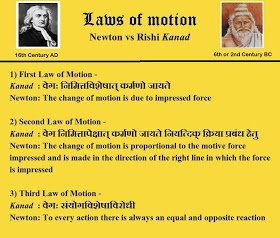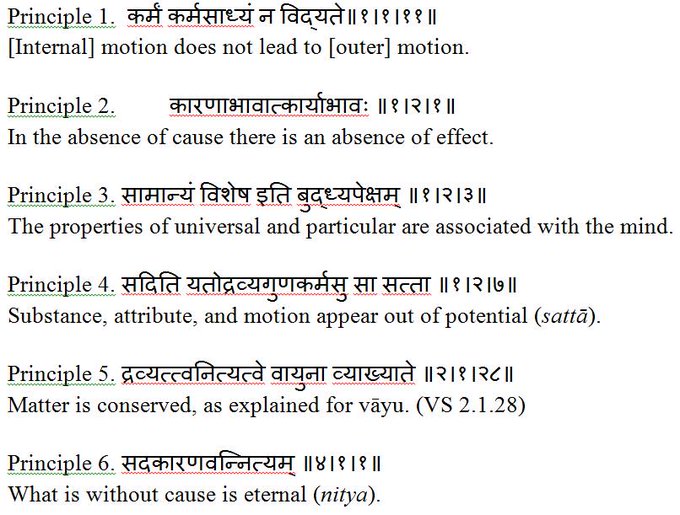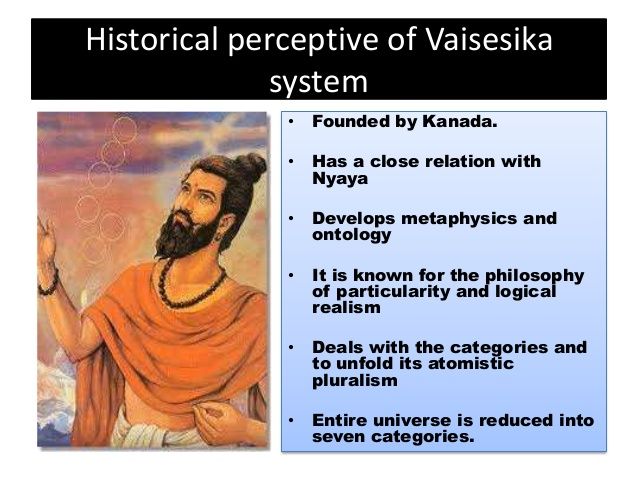- Plato
the real tragedy of life is when men are afraid of the light.”
- Plato
- Plato
While bad people will find a way around the laws."
- Plato
-> lovers of wisdom,
-> lovers of honor,
-> lovers of gain.”
- Plato
And retweet the first tweet to share with others:
https://t.co/MgUlEshQPg
15 Powerful Quotes From Plato
— Andrew Duggan (@ajdduggan) January 24, 2022
| \U0001f9f5Thread pic.twitter.com/4ZRNlLV1lw
More from Andrew Duggan
More from Principles
A few weeks ago, I shared a thread—How to Win (without talent or luck)—that got a lot of attention.
One of the most popular insights I shared was the idea of operating in your Zone of Genius.
But I got a lot of questions about how to practically achieve that...
How to Win (without talent or luck):
— Sahil Bloom (@SahilBloom) October 16, 2021
Your Zone of Genius is where your interests, passions and skills align.
Operating in it means you stop playing *their* games and start playing *yours*.
This thread shares my framework—built through personal struggle—for finding and operating in your Zone of Genius:
First, let's get one thing straight.
Everyone has a Zone of Genius.
"Genius" here is a relative term, not an absolute.
It's not about being top 1% at something—it's about the unique space where your relative strengths are accentuated (and relative weaknesses masked).
Furthermore, everyone’s Zone of Genius is different and unique to them as an individual.
The goal of a founder, startup, or organization, therefore, is to build a team with complementary—not conflicting—Zones of Genius.
This is where 1+1=3!
You May Also Like
These setups I found from the following 4 accounts:
1. @Pathik_Trader
2. @sourabhsiso19
3. @ITRADE191
4. @DillikiBiili
Share for the benefit of everyone.
Here are the setups from @Pathik_Trader Sir first.
1. Open Drive (Intraday Setup explained)
#OpenDrive#intradaySetup
— Pathik (@Pathik_Trader) April 16, 2019
Sharing one high probability trending setup for intraday.
Few conditions needs to be met
1. Opening should be above/below previous day high/low for buy/sell setup.
2. Open=low (for buy)
Open=high (for sell)
(1/n)
Bactesting results of Open Drive
Already explained strategy of #opendrive
— Pathik (@Pathik_Trader) May 27, 2020
Backtested results in 30 stocks and nifty, banknifty.
Success ratio : approx 40-45%
RR average 1:2
Entry as per strategy
Stoploss = Open level
Exit 3:15 PM Or SL
39 months 14 months -ve, 25 +ve
Yearly all 4 years +ve performance. pic.twitter.com/nGqhzMKGVy
2. Two Price Action setups to get good long side trade for intraday.
1. PDC Acts as Support
2. PDH Acts as
So today we will discuss two more price action setups to get good long side trade for intraday.
— Pathik (@Pathik_Trader) June 20, 2020
1. PDC Acts as Support
2. PDH Acts as Support
Example of PDC/PDH Setup given
#nifty
— Pathik (@Pathik_Trader) June 23, 2020
This is how it created long setup by taking support at PDC.
hopefully shared setup on last weekend helped. pic.twitter.com/2mduSUpMn5































